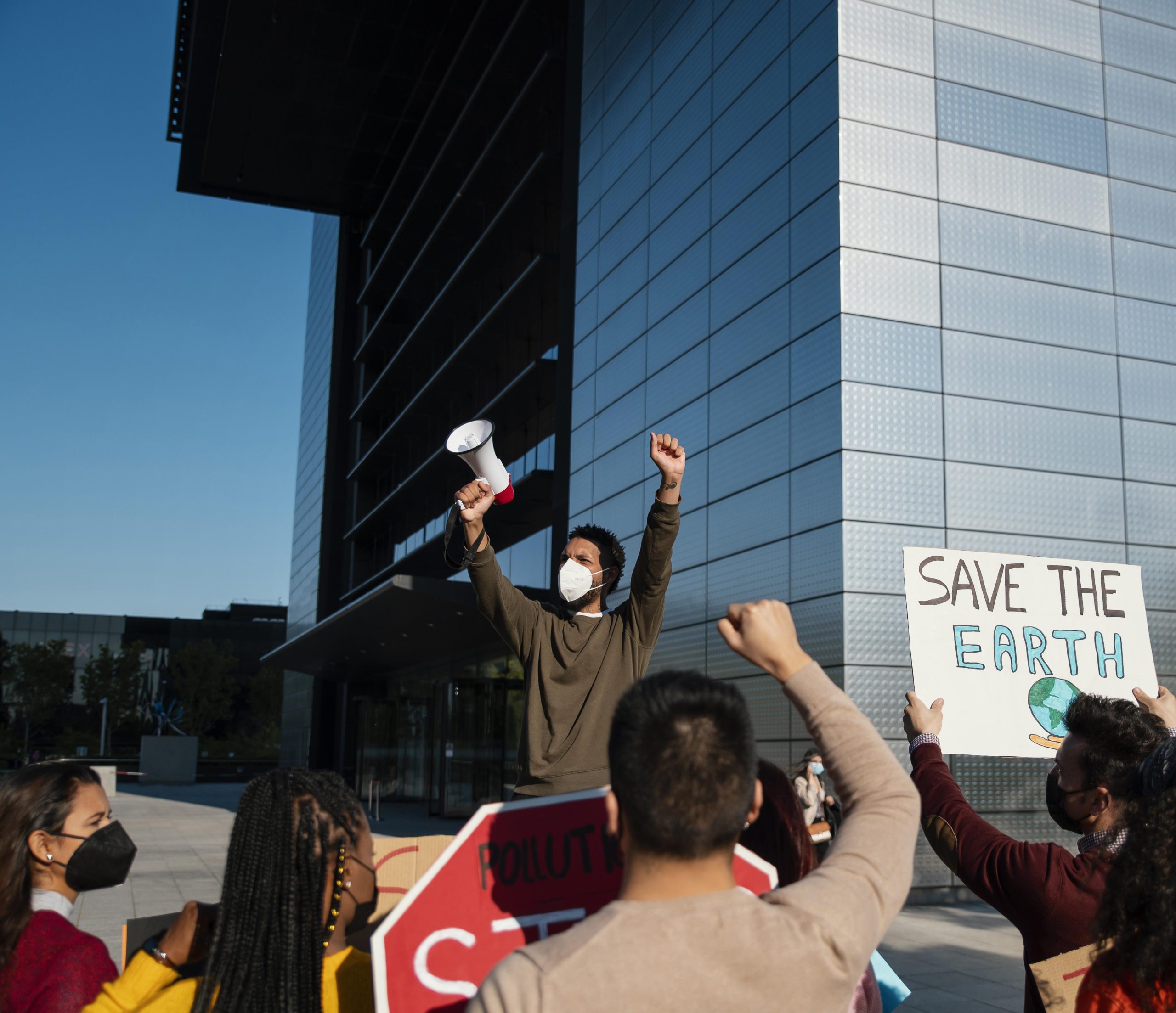Curious about the role and impact of Super PACs in U.S. politics? You’ll uncover the inner workings of these influential political action committees, exploring their financing, regulations, and influence on advertising. Super PACs, non-party groups that can raise unlimited donations and spend freely, allow wealthy individuals to peddle influence. We’ll delve into the impact of their spending on political communications and mobilization, as well as the dominance of the ultra-wealthy in political donating. Join us as we explore the complex world of Super PACs and their significant role in shaping U.S. politics.
Recent Elections and Super PAC Influence
In recent elections, super PACs have had a limited impact on the outcome of U.S. presidential politics. While they play a role in campaign messaging and fundraising, their influence on voter behavior and campaign strategy has been relatively minimal. Super PACs are independent expenditure committees that can raise unlimited amounts of money from individuals, corporations, and unions. They can use this money to support or oppose a particular candidate or party through advertisements and other forms of communication.
While super PACs have the ability to shape campaign messaging, studies have shown that voters may be skeptical of information coming directly from candidates. Super PACs can provide an alternate source of information that helps voters understand a candidate’s character and positions. However, their negative ads and attack strategies may also contribute to voter cynicism and disengagement.
In terms of candidate fundraising, super PACs can have a significant influence. They can raise large sums of money from wealthy individuals and use it to support their preferred candidate. However, the impact of this fundraising on the overall outcome of an election is unclear. In recent elections, we have seen candidates with substantial super PAC support fail to secure the nomination or win their home state.
Super PAC spending patterns in recent elections have shown that a significant portion of their funding comes from a small number of wealthy donors. Nearly half of all super PAC money comes from just 50 donors. This dominance of the ultra-wealthy in political donating raises concerns about the disproportionate influence they may have over politicians and government agencies.
The Citizens United Ruling and Consequences
The Citizens United ruling and its consequences have had a significant impact on the role and influence of super PACs in U.S. politics. This ruling, issued by the Supreme Court in 2010, allowed unlimited contributions and spending by super PACs, as long as they were uncoordinated with candidates and their official campaigns. It also expanded the principle that political spending is a form of speech protected by the First Amendment. While proponents argue that this ruling upholds free speech rights, critics contend that it has given the ultra-wealthy disproportionate influence over politicians and government agencies.
The Citizens United ruling has also raised concerns about the potential for money to sway voters and impact election outcomes. Some worry that the ruling has opened the door to increased political corruption, as wealthy donors can now contribute large sums to super PACs without disclosing their identities. Additionally, the ruling has sparked debates on campaign finance reform, with calls for stricter regulations to limit the influence of money in politics.
One of the major consequences of the Citizens United ruling is the proliferation of campaign advertising by super PACs. These organizations have become major players in shaping the narrative of political campaigns, with the ability to run ads that support or attack candidates. The influx of money into campaign advertising has altered the political landscape and made it increasingly difficult for candidates to control their own messaging.
Dominance of Ultra-Wealthy in Political Donating
As the influence of super PACs continues to grow in U.S. politics, it is evident that the dominance of the ultra-wealthy in political donating is a significant factor. This dominance is characterized by wealthy donors exerting their political influence through their substantial contributions to super PACs. Here are three key points to consider:
- Role of big money: Super PACs have become a major player in campaign financing, with millions of dollars pouring in from wealthy donors. These contributions allow super PACs to fund extensive advertising campaigns, mobilize voters, and shape public opinion.
- Wealthy donors’ political influence: The influence of ultra-wealthy donors is undeniable, as they have the financial capacity to contribute significant amounts to super PACs. Their donations give them access to politicians and allow them to push for policies that align with their interests, potentially undermining the democratic process.
- Impact on income inequality: The dominance of the ultra-wealthy in political donating further exacerbates income inequality. As the wealthy gain more influence in politics, their interests may take precedence over those of the general population, widening the wealth gap and perpetuating systemic inequalities.
Influence of Big Donors on Politicians
You may be wondering how big donors exert their influence on politicians. The influence of big donors on politicians can manifest in various ways, including political favoritism, donor influence, policy bias, corruption risks, and the need for accountability measures.
Political favoritism occurs when politicians prioritize the interests of their big donors over the needs of the general public. This can result in policies that benefit the wealthy few at the expense of the majority.
Big donors have the power to influence politicians through their financial contributions. They can use their donations to gain access to politicians, shaping their decisions and policies to align with their own interests.
This donor influence can lead to policy bias, where the preferences of big donors are given more weight than those of the general public. This undermines the democratic principles of equal representation and fair decision-making.
The influence of big donors also poses corruption risks. When politicians are beholden to wealthy donors, there is a potential for quid pro quo arrangements, where favorable policies or positions are exchanged for financial support.
To address these concerns, accountability measures are necessary. Transparency in campaign finance is crucial, allowing the public to see who is funding politicians and hold them accountable for their actions. Additionally, stricter regulations and enforcement can help mitigate the influence of big donors and promote a more equitable and democratic political system.
Effectiveness of Political Campaigns and Role of Money
Now let’s delve into the effectiveness of political campaigns and the role of money by examining how campaign strategies and funding impact election outcomes. Here are some key factors to consider:
- Voter behavior and campaign spending: Studies have shown that campaign spending can influence voter behavior. Advertising and other campaign efforts can shape public opinion and sway voters towards a particular candidate.
- Media influence on political campaigns: The media plays a crucial role in political campaigns, as it helps candidates reach a wide audience and shape public perception. Media coverage can make or break a candidate’s campaign, highlighting the importance of media strategy.
- Role of grassroots organizing in elections: Grassroots organizing, which involves mobilizing and engaging with voters at the local level, can have a significant impact on election outcomes. Building a strong network of volunteers and supporters can help candidates gain momentum and win over undecided voters.
- Impact of social media on political campaigns: In today’s digital age, social media has become a powerful tool for political campaigns. Platforms like Twitter and Facebook allow candidates to directly connect with voters, share their message, and mobilize supporters. Social media can also amplify campaign controversies and influence public perception.
- Public perception of campaign finance reform: The role of money in politics has long been a topic of debate. While some argue that campaign finance reform is necessary to ensure a fair and democratic process, others believe that it restricts free speech. Understanding the public’s perception of campaign finance reform is crucial in shaping future policies.
Financing of the 2016 US Presidential Election
The 2016 US presidential election’s financing was characterized by a highly contentious battle between Hillary Clinton and Donald Trump. Both candidates faced scrutiny over their sources of financing. Clinton’s ties to the Clinton Foundation came under intense scrutiny, with allegations of potential conflicts of interest. On the other hand, Trump initially self-financed his campaign to avoid indebtedness to special interest groups. However, it was later revealed that the Trump Foundation misappropriated charitable contributions, leading to further controversy.
The cost of elections has been steadily increasing in recent years, and the 2016 election was no exception. Both candidates spent significant amounts of money on their campaigns, with estimates suggesting that the total cost of the election could reach $6.6 billion. This increase in spending can be attributed to a variety of factors, including the rising cost of media advertising, campaign staff salaries, and the overall competitiveness of the race.
To provide a clearer picture of the financing of the 2016 US presidential election, the following table outlines the sources of financing for both candidates:
| Candidate | Sources of Financing |
|---|---|
| Hillary Clinton | Individual donors, Democratic Party, Clinton Foundation |
| Donald Trump | Self-financing, Republican Party, individual donors |
It is important to note that this table provides a general overview and does not capture the full extent of each candidate’s financing. The Clinton Foundation scrutiny and Trump’s self-financing were just some of the factors that contributed to the overall financing landscape of the 2016 US presidential election.
Regulations and Designing a Fair System of Political Financing
How can regulations be designed to ensure a fair system of political financing? Balancing freedom, transparency, enforcement, trade-offs, and equitable competition are key considerations in designing regulations for political financing. Here are three important factors to consider:
- Transparency: Regulations should require timely and comprehensive disclosure of political donations, including the source of funds, to ensure transparency. This allows voters to make informed decisions and prevents undue influence from hidden donors.
- Enforcement: Regulations must be consistently enforced to ensure compliance and prevent circumvention of the rules. Strong enforcement mechanisms, such as penalties for non-compliance, can deter violations and maintain the integrity of the political finance system.
- Trade-offs: Designing a fair system of political financing requires careful consideration of trade-offs. Striking a balance between limiting the influence of money in politics and preserving freedom of expression is crucial. It is important to find a middle ground that allows for robust political competition while preventing the undue influence of wealthy individuals or special interest groups.




